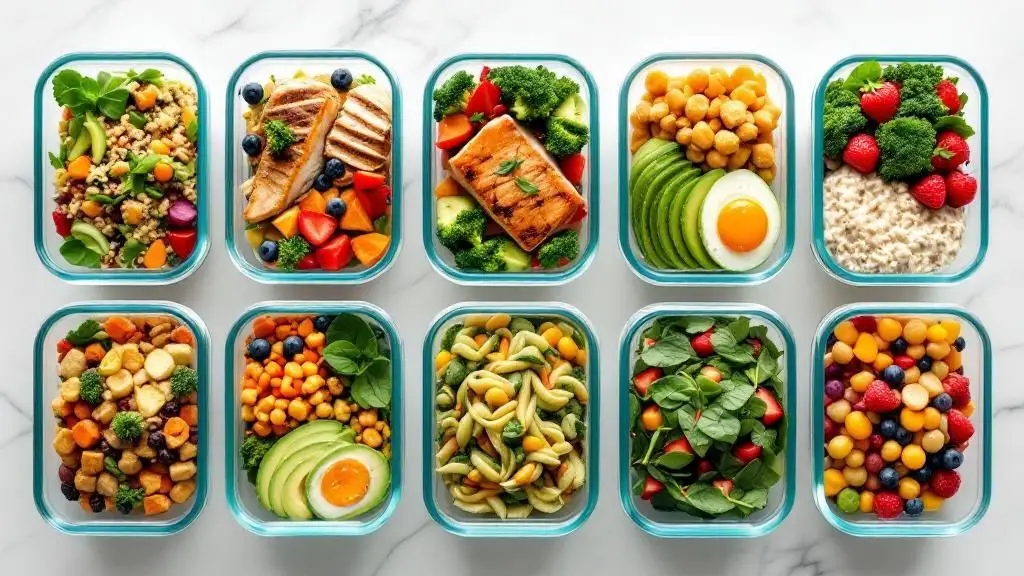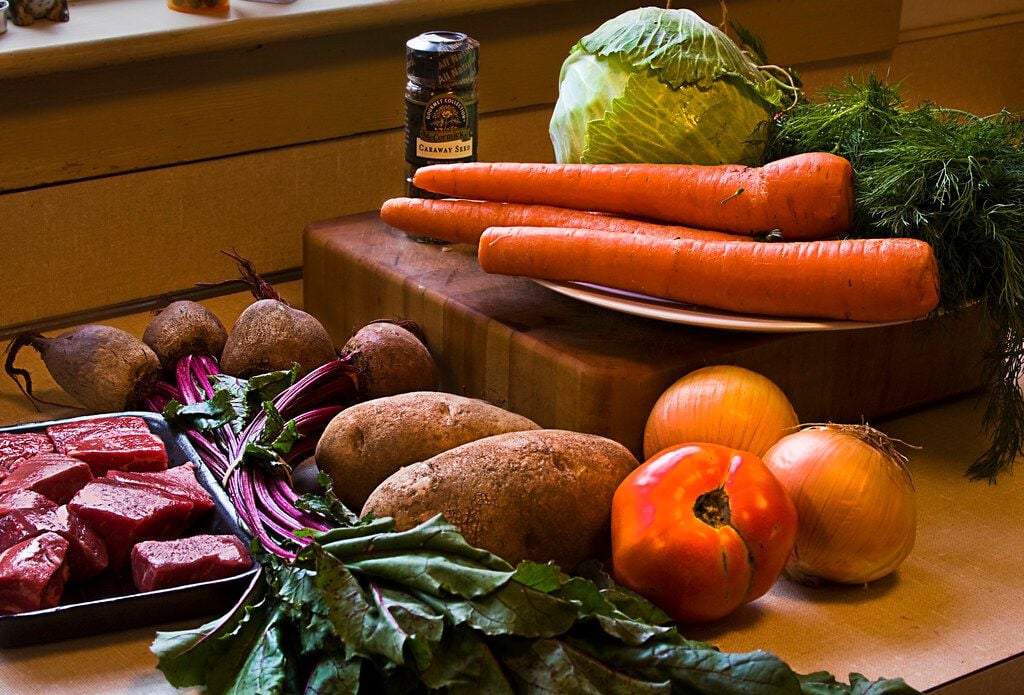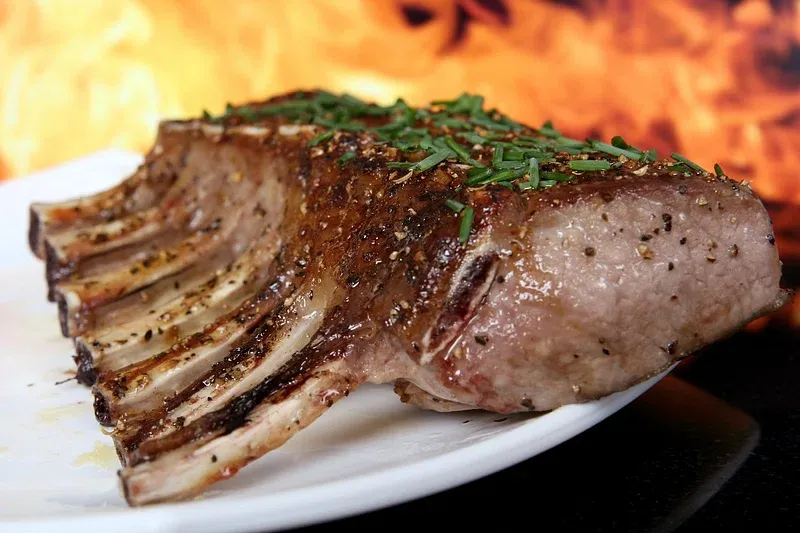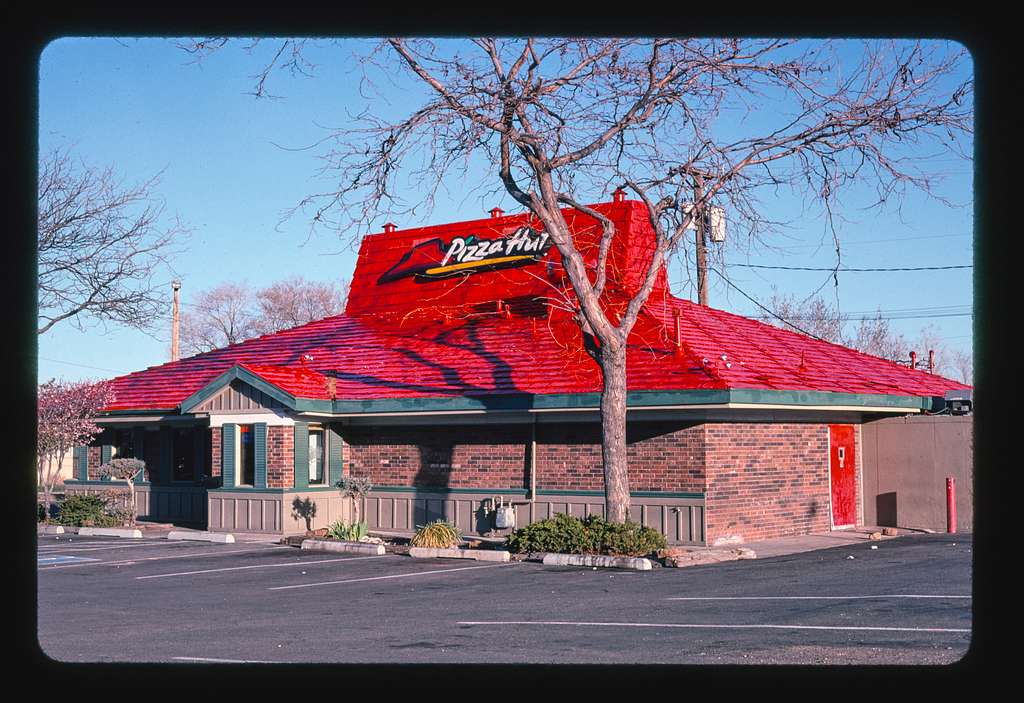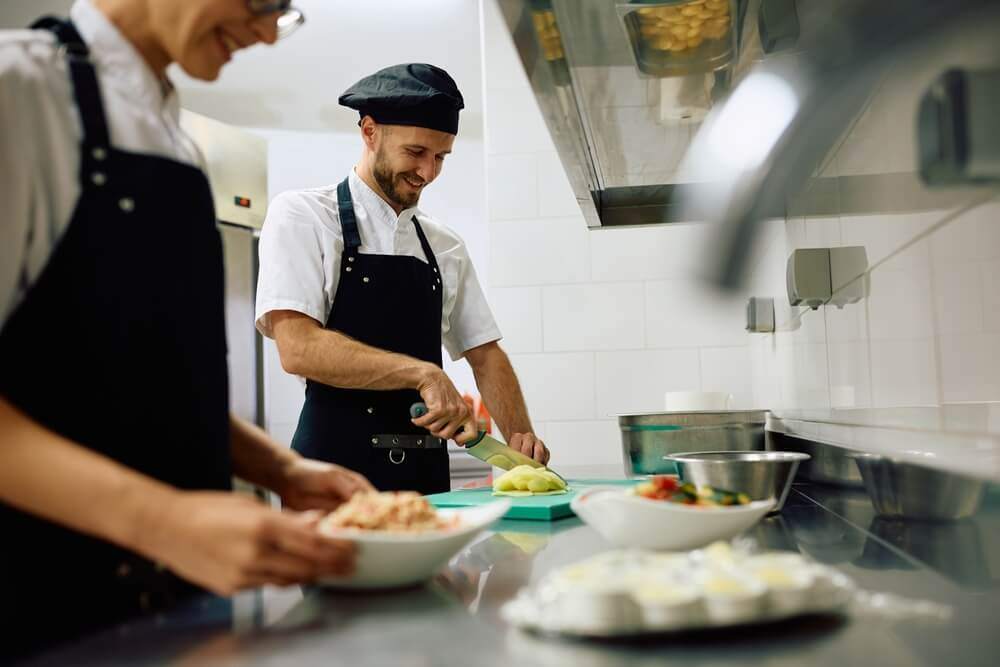
Delta Flight Diverts After Passengers Fall Ill From Moldy Chicken
- Jul 16, 2024
A Delta Air Lines flight with its destination as Amsterdam executed an unexpected landing on Wednesday when passengers fell ill after consuming what has been described as “moldy” chicken meal. Over a dozen passengers became unwell, compelling the plane to land in an emergent manner at the John F. Kennedy International Airport in New York after its takeoff from Detroit.
Images of the infected meals, received by CBS News, displayed apparent mold on the meat. The network reported that for the second consecutive day meals have been recalled from the airline, though the symptoms of the sick passengers were not explicitly stated. The incident is still under investigation by Delta's Food Safety team, said a spokesperson for Delta Air Lines.
All this puts into spotlight a much larger issue - the questionable strength of food safety regulations when it comes to airplane meals. In light of this questioning, how can one tell if the chicken is unfit for consumption and what exactly is safe to order onboard?
The reactions may vary depending on the situation, explained Wade Syers, a food safety extension specialist at Michigan State University. Generally, molds are seen as spoiling agents that deteriorate the appeal and edibility of a food item. The dangers escalate when the molds produce toxic compounds known as mycotoxins that can result in illness, added Darin Detwiler, a food policy teaching professor at Northeastern University.
Adverse effects of mycotoxins can range from severe gastrointestinal troubles to even neurological issues, said Detwiler. Such symptoms can be challenging to handle for passengers in a plane's closed confines.
Molds are also suggestive of spoiled food, stated Ellen Shumaker, Ph.D., the director of outreach for the Safe Plates program at North Carolina State University. She added that spoilage can lead to nausea and an upset stomach due to unappetizing flavors and smells, and precisely in the case of chicken, there’s even the risk of illness from bacteria like Salmonella or Campylobacter.
Identifying spoiled chicken can be tough unless it's visibly moldy, cautioned Detwiler, while Shumaker added that a spoiled chicken could also taste and smell “off.” Nonetheless, such signs can often be disguised by other sauces and flavors in the dish, lowering chances of detection before consumption. Shumaker recommended using a food thermometer for ensuring the chicken is fully cooked to mitigate risk.
As for drinking water onboard, airlines are required to routinely clean their water tanks and confirm the potability of their water. However, trustworthiness of these practices has been questioned by several flight attendants and a 2019 airline water study by CUNY's Hunter College NYC Food Policy Center. Thus, the decision to hydrate onboard depends on one's risk tolerance and immune system health.
Darin Detwiler pointed out that concerns of food safety extend across all airlines. The Food and Drug Administration (FDA) controls food safety for airline caterers, but the inspection frequency is significantly less compared to restaurants, he says.
Detwiler does not view this as an isolated Delta Air Lines case. In fact, food safety experts suggest that some foods, like pasta, are less likely to be contaminated than others on flights. However, knowing the preparation and storage process of the meal ensures better safety.
Travelers concerned about food safety often prefer to bring their own food on flights. Shumaker endorses this practice and recommends taking along shelf-stable snacks for the plane like granola bars, trail mix, and nuts. Frequent handwashing while traveling is another best practice to follow.

